Keywords: Education Funding
-

INTERNATIONAL
- Damian Spruce
- 10 December 2024
At COP29, the world’s wealthiest nations promised to confront climate change—but delivered only a fraction of the required funds, leaving developing countries with a trillion-dollar shortfall. As Pope Francis warns of a sick planet, the question remains: Who pays for the climate crisis, and who bears the consequences?
READ MORE
-
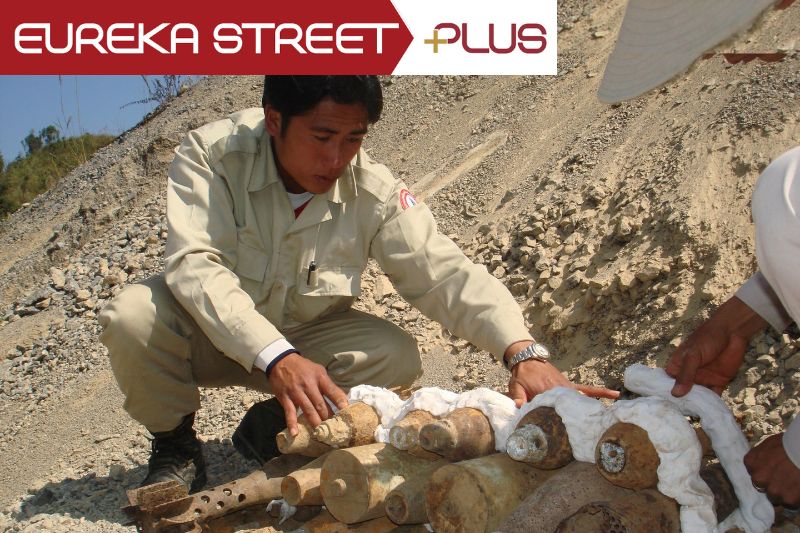
INTERNATIONAL
- Melody Kemp
- 04 October 2024
2 Comments
By the time the last American bombs had fallen in 1973, Laos had attained the dubious title as the most heavily bombed country in the world per capita. An estimated 270 million bombs were dropped on this small country, 80 million of which remain unexploded.
READ MORE 
-
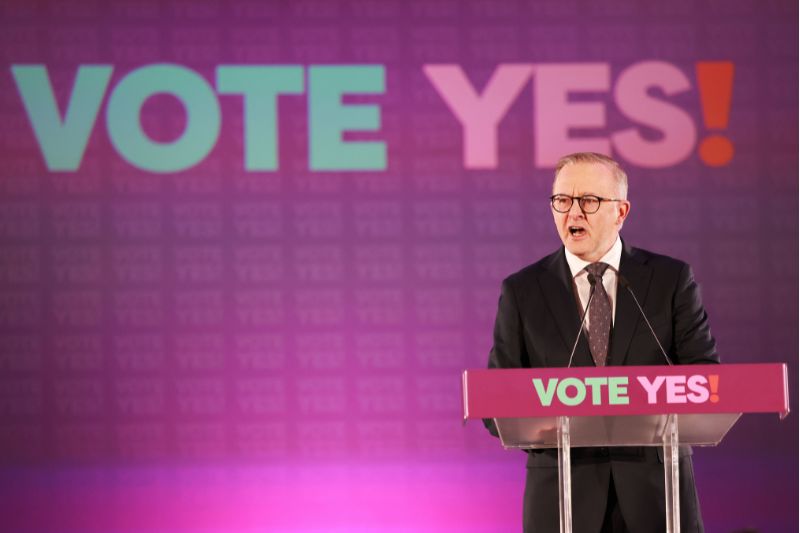
AUSTRALIA
- Michelle Grattan
- 04 October 2024
5 Comments
Almost a year after the Voice proposal was defeated, blame and recrimination are still being thrown around, and the government is still reeling from Albanese’s overreach.
READ MORE
-

INTERNATIONAL
- Robin Osborne
- 05 September 2024
1 Comment
Pope Francis has frequently voiced sympathy for refugee concerns and before leaving on this trip, he reaffirmed his call for safe migration pathways for people fleeing their own countries for fear of persecution, describing any refusal to harbour asylum seekers as a ‘grave sin’.
READ MORE
-
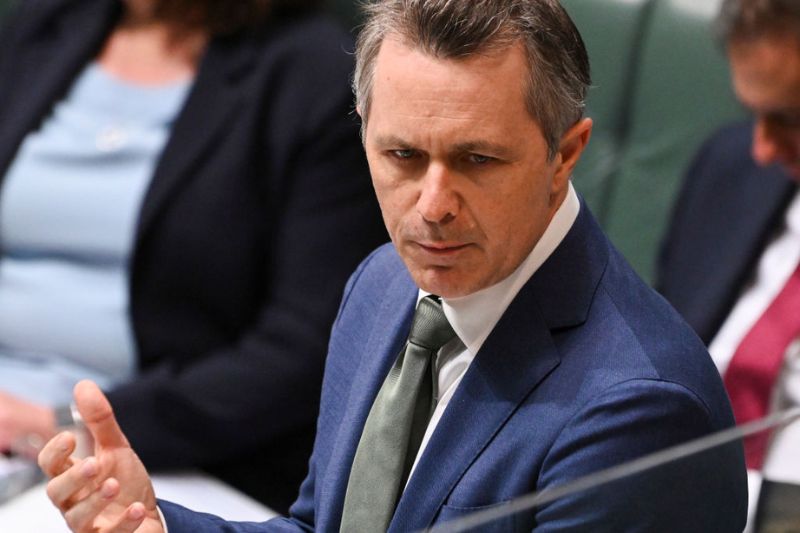
AUSTRALIA
- Binoy Kampmark
- 03 September 2024
The government has imposed a cap on enrolments, sparking controversy among universities. Critics argue this will harm the education sector and exploit foreign students, while supporters believe it will protect the integrity of Australia's education system and address concerns about over-reliance on international student fees.
READ MORE
-

EDUCATION
- Erica Cervini
- 14 August 2024
University fee hikes have disproportionately affected humanities students, particularly those from disadvantaged backgrounds. Despite promises of affordability, many arts degrees now cost more than $50,000, a significant barrier to access for many talented students.
READ MORE
-
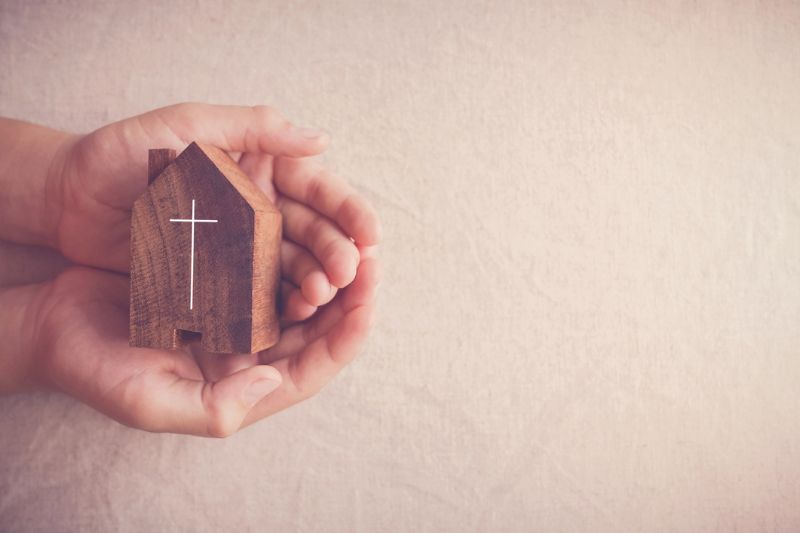
AUSTRALIA
- Michael McVeigh
- 25 July 2024
2 Comments
While proposing broader access to tax deductibility for some charities, the Productivity Commission's new report on charitable giving suggests removing benefits for religious entities. This raises serious questions about the role of religion in fostering charitable giving and the potential consequences of these reforms for Australia's charitable landscape.
READ MORE
-
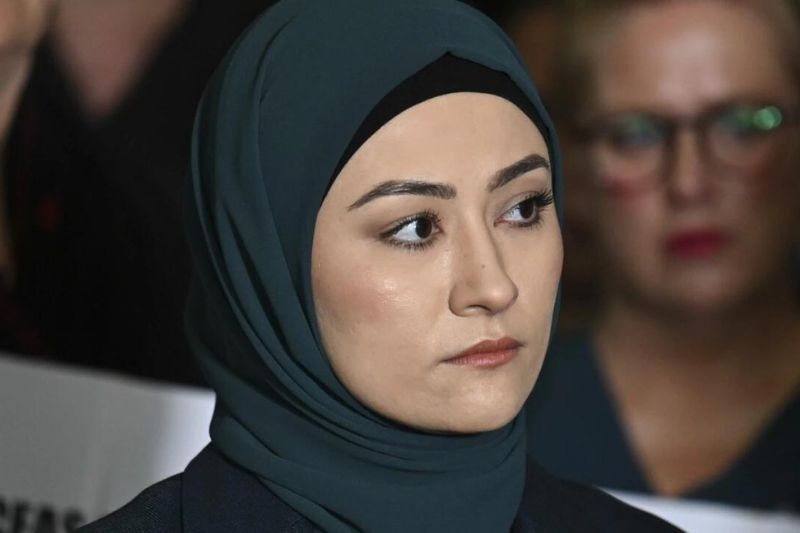
AUSTRALIA
- Binoy Kampmark
- 16 July 2024
2 Comments
Senator Fatima Payman's departure from Labor over a pro-Palestine vote and the emergence of 'The Muslim Vote' have reignited debates about faith in Australian politics. While PM Albanese cautions against religious influence, his stance overlooks the nation's history of faith shaping governance, raising questions about the feasibility of separating belief from policy-making.
READ MORE
-
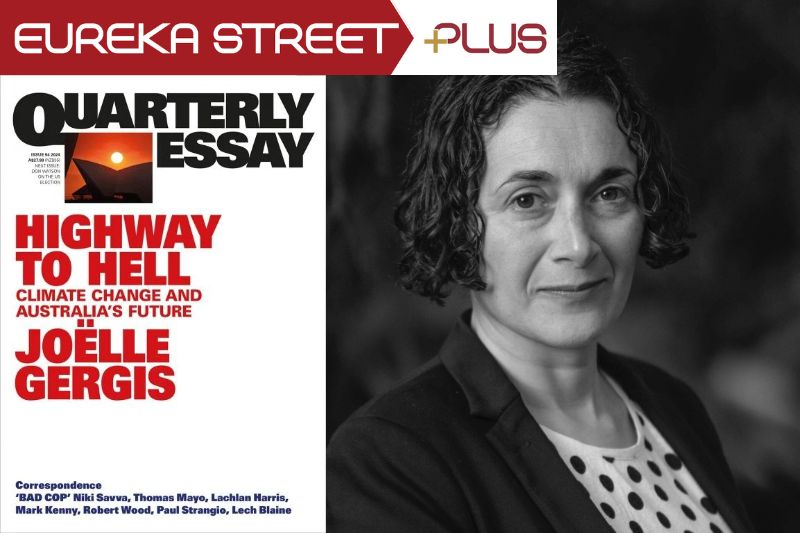
ENVIRONMENT
- Julie Perrin
- 12 July 2024
1 Comment
In her new Quarterly Essay Highway to Hell, Australian climate scientist Joëlle Gergis pleads in language beyond the careful neutrality of traditional science-speak: ‘We need you to stare into the abyss with us and not turn away.’
READ MORE 
-
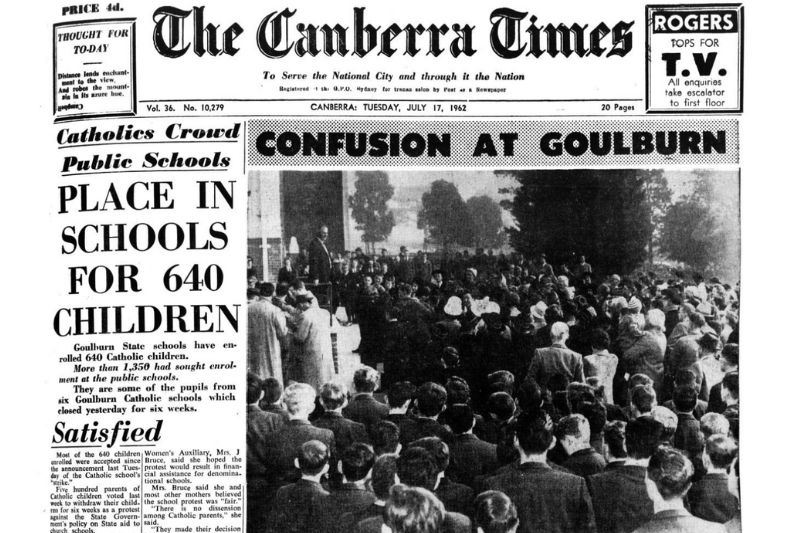
RELIGION
- John Warhurst
- 03 July 2024
8 Comments
In 1962, Goulburn was the centre of national attention when Catholic schools closed in protest over a lack of government funding and control. Students overwhelmed public schools. Could this happen again? An Australian archbishop suggests it as an option if religious freedom in Catholic schools is threatened.
READ MORE
-
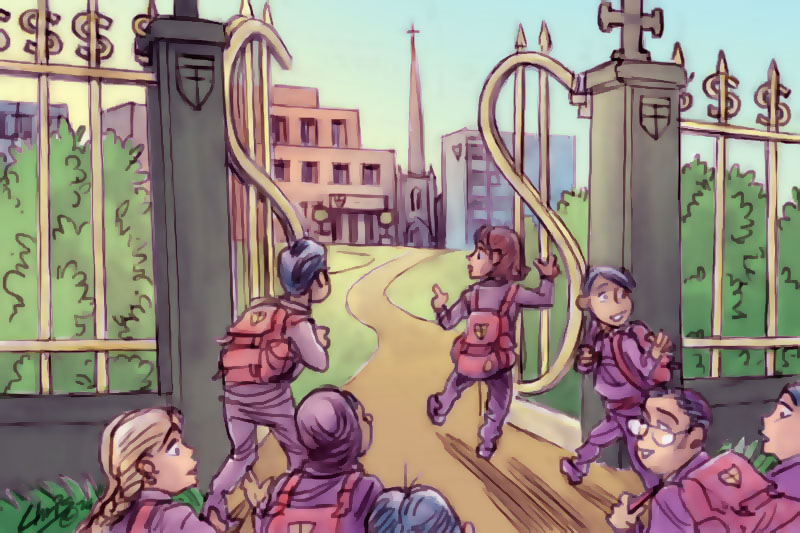
EDUCATION
- Chris Curtis
- 27 June 2024
5 Comments
In the new schools funding model, schools at the upper and middle parts of the parental income spectrum will find budgets getting tighter each year, and fees will likely increase. The worst affected schools will be those whose parents earn higher incomes but which have kept their fees low so that poorer families may also enrol their children.
READ MORE
-

AUSTRALIA
In a signature essay published last year in The Monthly, Treasurer Chalmers staked out an ideological terrain he described as ‘values-based capitalism.’ The Budget 2024 is quite the big reveal on what those values include and who they exclude. In it, the people who have borne the brunt of inequality and precarity are neither seen nor heard.
READ MORE